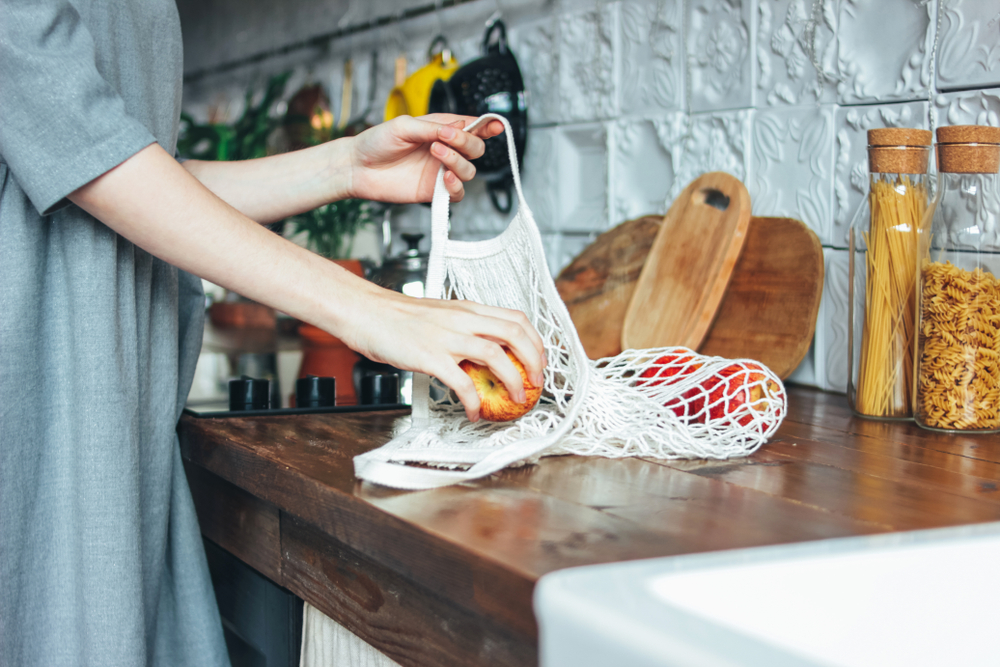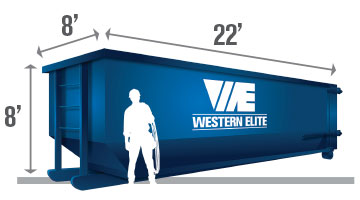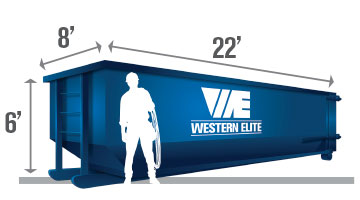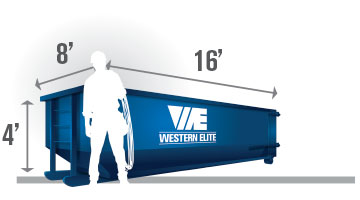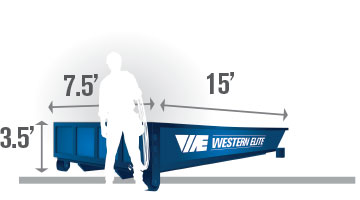Plan to Ditch Plastic
Plastic is everywhere: it’s either an integral part of the product you’re purchasing, or used for its production or packaging. Whether you’re being reminded by megastars or your especially environmentally conscious friends on social media, you know that plastics—most particularly, single-use plastics—end up inappropriately filling up landfills. You want to reduce your usage to make a difference, but how should you get started? Instead of trying to ditch plastics altogether, try a couple of these tips, and see if you can spend a week plastic-free!
Single-Use? No Excuse!
The single biggest issue to address is the repeated purchase and use of products that are single-use, disposable plastic. We’re not just talking about those water bottles that everyone decided to snatch up at the outset of the pandemic: Saran wrap, tooth flossers, Ziploc bags, grocery bags, and other items in their various packaging can all add up. Instead, when you need to buy something new, try to find a version of it that isn’t cased in plastic. Go for the glass jar, the cardboard box, the paper-wrapped item as an alternative. If you’re unable to find an alternative to the item that isn’t packaged in plastic, then take a few moments to check for the package’s recyclability—and remember to recycle!
Pro-tip: make sure the item is clean and devoid of food waste. Pizza boxes, as an example, should not get tossed in with the recycling: instead, throw them into your “green” waste containers—to make sure your green waste turns into helpful compost, instead of harmful methane gas at the landfill.
Alternative Lifestyle
You may need to make some things yourself in order to avoid plastic. For example, the average American uses an average of 500 Ziploc-type “sandwich” bags a year; they aren’t reusable in the long-term, and simply fill up space in landfills. However, there are alternatives to plastic food storage. Instead, try:
- Silicone Food Bags
- Beeswax Wraps
- Mason Jars
- Stainless Steel Storage Containers
- Pyrex Dishes
With just a little ingenuity, you can completely remove plastics from your food storage needs, while also protecting yourself from any of the harsh chemicals that can be released from the improper use of single-use plastics while storing and preparing your food.
Make ‘Em Last
We all could use a little extra care and tenderness during the quarantine lockdowns many of us have been confined to: If you have some items that are made out of plastic, treat them well, and make them last as long as you can. Think of your favorite hairbrush, broom, or other appliances. Meet the challenge of maintaining those items at least through the week, then see how long you can go before needing a replacement. As a leader in waste management and expert recyclers, we want you to keep those items out of the landfill for as long as possible. As you go “plastic-less,” repurpose your old Tupperware and ice cube trays as storage for art supplies, or nails and screws in a workshop.
Getting Better All the Time
When it comes to your plastic-free week, note the positive difference in your health as well: the attempt to reduce food storage waste will lead to fresher meals, and storing them in non-corrosive materials, like glass, can have a positive effect as well. Remember to toss all degradable food items in your home compost: we’ll take care of the biodegradables that belong in your “green” waste. Remember: it isn’t simply enough to go plastic-free if you fail to properly dispose of the biodegradable, alternative packaging. Call Western Elite for more tips on which item belongs in which bin—just like you, we are ready and willing to be a force for positive change in our local communities throughout Nevada.

